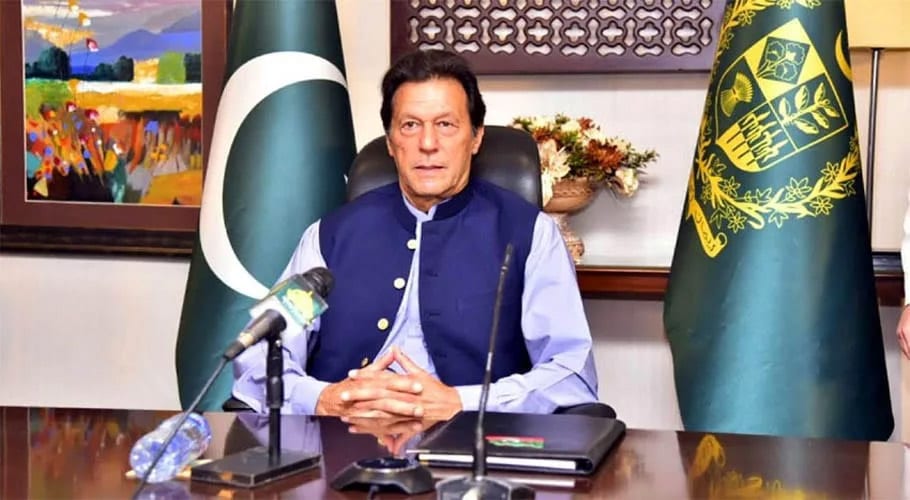ISLAMABAD: Prime Minister Imran Khan has announced that he will introduce electronic voting in the next general elections.
Commenting on the election process, the prime minister said that the ministers and the committee have worked on electoral reforms. The next election will use modern technology. No government in power can bring such reforms, he claimed.
PM Imran Khan said that overseas Pakistanis should also be included in the electoral process. He also spoke about the legislative and constitutional requirements for electoral reforms. He has given the Election Reforms Committee until 31st January 2021, to finalise recommendations.
He said the government would also move a bill in the parliament to amend the current mode of secret ballot in the Senate polls to show of hands to ensure fair and transparent election.
the prime minister said the bill was aimed at discouraging ‘vote selling’ in the upcoming Senate elections. He said the constitutional amendment required a two-third majority and would expose which political party would support or oppose the corrupt practices.
The prime minister said the move was unprecedented on the part of a sitting government and recalled that the Pakistan Tehreek-e-Insaf in 2018 had expelled its 20 lawmakers for selling their votes.
He said that he was grateful to the people for casting their votes in the GB elections. Gilgit-Baltistan has to be given interim provincial status and the promise made to the people will be fulfilled.
Read more: President announces civil awards for 184 Pakistanis, foreigners
PM Imran Khan said that the women of Gilgit-Baltistan went out of their houses in cold weather to perform their duty. “We will fulfill our promise to make Gilgit-Baltistan a transitional province. I am grateful for the full confidence of the people of the province,” the prime minister said.
PM Imran Khan said that in the 2013 elections we had demanded the opening of four constituencies. “In 2013, when all parties said that the polls had been rigged, we were the first ones to go to courts to demand the audit of at least four constituencies, ” he said. “We also staged dharnas, after which 133 petitions were signed by different parties against rigging.”



































